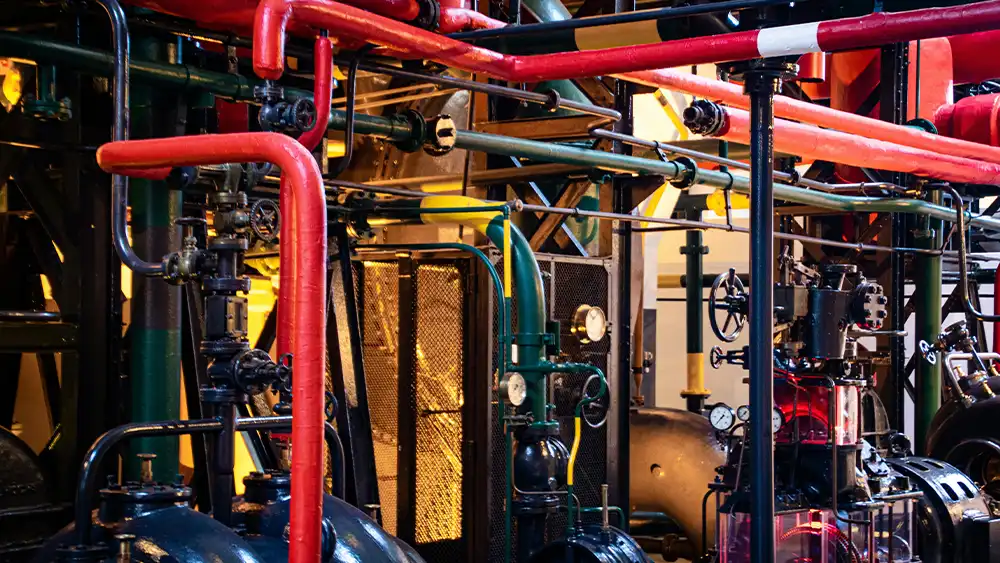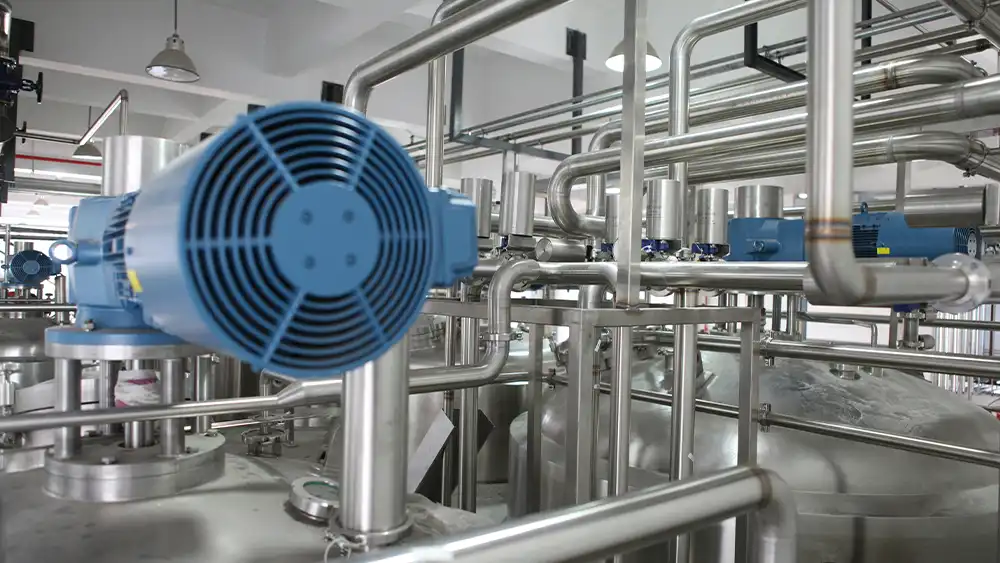Pumping Technology: Its Role and Importance in Industrial Processes

Pumping technology is integral to the smooth operation and efficiency of a wide range of industrial processes. From managing water systems and treating wastewater to handling chemicals and transporting fuels, pumps are essential for moving fluids and gases through complex networks. These devices are not just mechanical apparatuses; they represent a crucial component of industrial infrastructure that influences operational effectiveness, safety, and productivity. As industries evolve and face new challenges, the role of pumping technology becomes increasingly pivotal.
The diverse applications of pumps highlight their versatility and importance. In water treatment facilities, pumps ensure the steady supply of clean water and the effective removal of contaminants. In chemical manufacturing, they facilitate the precise handling of corrosive and hazardous substances. The oil and gas industry relies on pumps for the efficient extraction and transport of energy resources under challenging conditions. Each of these applications demands specific pump characteristics to ensure optimal performance and reliability.
The Evolution and Importance of Pumping Technology in Industry
The Evolution of Pumping Technology
Pumping technology has undergone significant advancements since its inception. Early pumps, such as the Archimedean screw and the piston pump, were primarily mechanical and relied on manual labor or simple mechanical devices. Over time, technological innovations have led to the development of more sophisticated pump systems.
Today’s pumps are engineered for high efficiency, reliability, and durability, incorporating advanced materials and electronic controls. Modern pumps, like centrifugal and positive displacement pumps, are designed to handle a wide range of fluids and pressures, adapting to the specific needs of industrial processes.
Applications in Various Industries
In industrial settings, pumps are utilized across diverse applications, each demanding specific features and performance criteria. For instance, in the chemical industry, pumps must handle aggressive and corrosive substances, necessitating the use of specialized materials and design considerations. In the oil and gas sector, pumps are used to transport crude oil, natural gas, and refined products, often under high pressure and extreme conditions.
The water treatment industry relies on pumps for both municipal water supply and wastewater management, highlighting the need for reliability and efficiency. Each application requires pumps tailored to its unique requirements, emphasizing the importance of selecting the right technology for optimal performance.
The Role of Pumps in Efficiency and Productivity

Pumping technology significantly contributes to industrial efficiency and productivity. By ensuring the smooth and continuous movement of fluids, pumps help maintain consistent process operations, minimize downtime, and reduce energy consumption. For example, in a manufacturing plant, pumps are used to circulate coolants and lubricants, ensuring that machinery operates at optimal temperatures and reduces wear and tear.
Efficient pumping systems also help in reducing operational costs by optimizing energy use and minimizing maintenance needs. Companies can achieve substantial cost savings and productivity gains by investing in high-quality, efficient pumping solutions.
Maintenance and Reliability
Maintaining pump systems is critical to ensuring their reliability and longevity. Regular maintenance routines, including inspection, cleaning, and part replacements, help prevent unexpected failures and extend the lifespan of the equipment. Pumps are subject to wear and tear, especially in demanding environments, which can lead to decreased performance and increased downtime if not addressed promptly.
Implementing a robust maintenance program and using high-quality components can mitigate these issues. Additionally, modern pumps often come with advanced diagnostic features that allow for real-time monitoring and predictive maintenance, further enhancing reliability and reducing the risk of unexpected breakdowns.
Innovations in Pumping Technology
Technological advancements continue to drive innovation in pumping systems. One such innovation is the development of smart pumps, which incorporate sensors and digital controls to optimize performance and efficiency. These pumps can adjust their operation in real time based on system demands, leading to improved energy efficiency and reduced operational costs.
Another notable advancement is the integration of advanced materials, such as ceramics and composites, which enhance the durability and chemical resistance of pumps. Companies like those featured on https://eddypump.com/ are at the forefront of these developments, offering solutions that address specific industry needs and drive technological progress. Additionally, the adoption of modular and scalable pump designs allows for greater flexibility in meeting varying industrial demands and adapting to future changes.
The Future of Pumping Technology
Looking ahead, the future of pumping technology is likely to be shaped by ongoing advancements in materials science, digital technologies, and environmental sustainability. The development of more energy-efficient pumps and systems that reduce environmental impact will be a key focus. Additionally, the integration of artificial intelligence and machine learning into pump systems could further enhance performance and predictive maintenance capabilities. As industries continue to evolve and face new challenges, pumping technology will remain a vital component of industrial processes, adapting to meet emerging needs and driving innovation.
Pumping technology plays a fundamental role in industrial processes, impacting efficiency, productivity, and operational reliability. The evolution of pump systems, their applications across various industries, and the ongoing innovations in technology highlight their importance in modern industrial operations. As industries continue to advance, the role of pumping technology will remain crucial, driving improvements in efficiency, sustainability, and overall performance. Understanding and leveraging the latest advancements in pumping technology will be essential for maintaining competitive advantage and achieving operational excellence.

news via inbox
Sign up and never miss out on the latest news and updates at HighStuff




